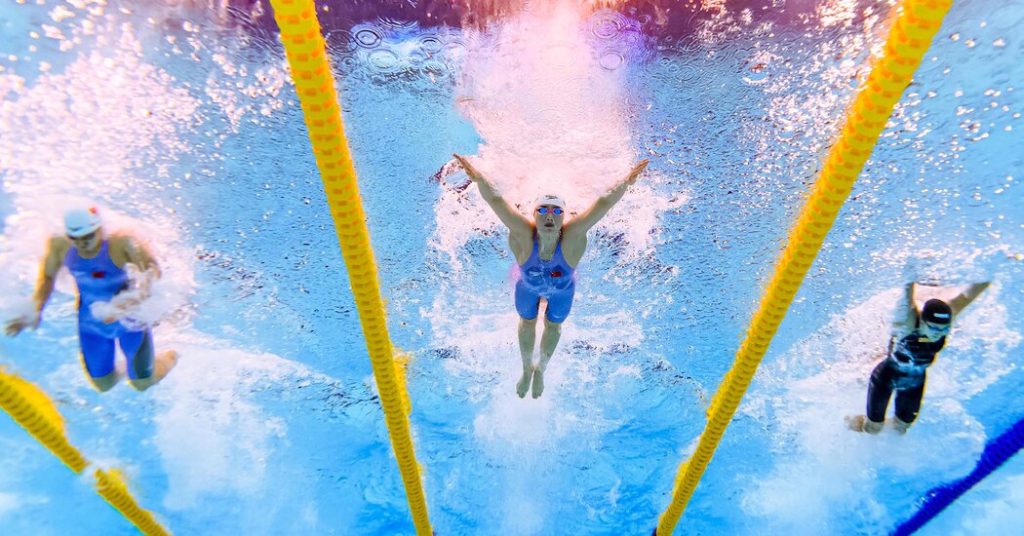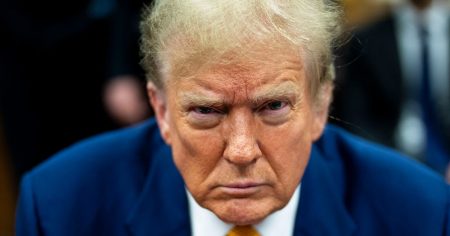A scandal involving 23 top Chinese swimmers testing positive for a banned substance before the Tokyo Olympic Games in 2021 has been revealed in a report by The New York Times. Despite the positive tests, the swimmers were allowed to compete and some even went on to win medals. The Chinese antidoping agency claimed the substance was ingested unknowingly and no action was taken against the athletes. However, experts and American officials believe the swimmers should have been suspended or publicly identified pending further investigation. This scandal has raised concerns about the efficacy of the global antidoping system.
The global doping controversy was sparked by the positive tests involving a powerful banned substance, trimetazidine, which can enhance performance and is difficult to detect. The swimmers, including renowned athletes like Zhang Yufei and Wang Shun, were said to have ingested trace amounts of the drug at a domestic meet in China. The Chinese authorities attributed the positive tests to tainted food at the hotel where the swimmers stayed, although experts find this explanation implausible. The lack of transparency in handling the positive tests and the decision not to take any action against the athletes has raised concerns about the integrity of the antidoping system.
The Chinese authorities and global antidoping regulators came under scrutiny for their handling of the positive tests in the lead-up to the Tokyo Games. Despite evidence suggesting a cover-up and doping by Chinese swimmers, World Anti-Doping Agency (WADA) chose not to hold the athletes accountable, citing a lack of credible evidence to challenge China’s version of events. American authorities, including the U.S. Anti-Doping Agency, accused WADA of failing in its mission to protect clean athletes and ensure fair competition. The scandal has prompted calls for greater accountability and transparency in the global antidoping system.
The Chinese swimmers’ positive tests and the subsequent lack of action by WADA highlight the challenges facing the doping control system in sports. The episode has exposed weaknesses in the system, with one of the world’s most powerful countries able to send athletes who had tested positive for a banned substance to compete at elite competitions without facing consequences. The controversy has also raised questions about the need for reform and independent oversight to prevent future cases of doping and cover-ups.
The global doping scandal involving Chinese swimmers has reignited concerns about the integrity of sports and the effectiveness of antidoping efforts. The decision not to take action against the athletes despite a high number of positive tests and suspicions of a cover-up has highlighted the need for stronger oversight and accountability in the global antidoping system. The scandal has underscored the challenges faced by authorities in policing doping in sports and the importance of upholding transparency, fairness, and integrity in elite competitions around the world.
The Chinese swimmers’ positive tests for a banned substance and the subsequent controversy surrounding their handling have raised questions about the credibility and effectiveness of the global antidoping system. The lack of transparency, accountability, and action against the athletes has undermined the principles of fair play and clean competition in elite sports. The scandal has exposed flaws in the system and underscored the need for reform and independent oversight to prevent future cases of doping and cover-ups. The global doping scandal involving Chinese swimmers has sparked calls for greater transparency and accountability in the fight against doping in sports.













